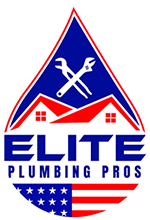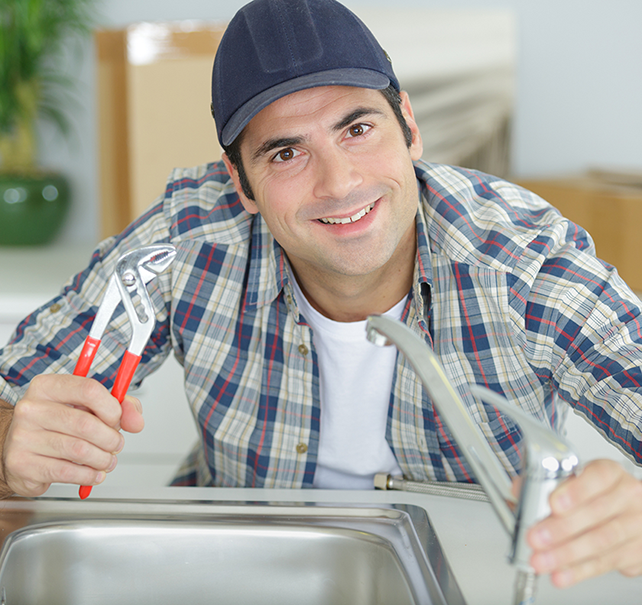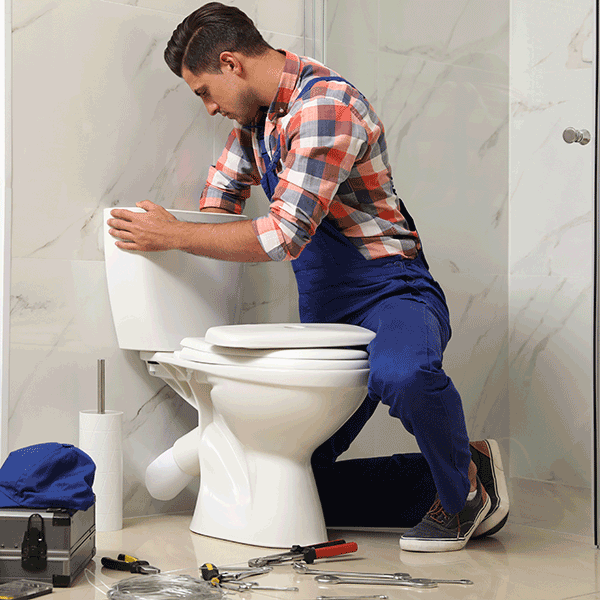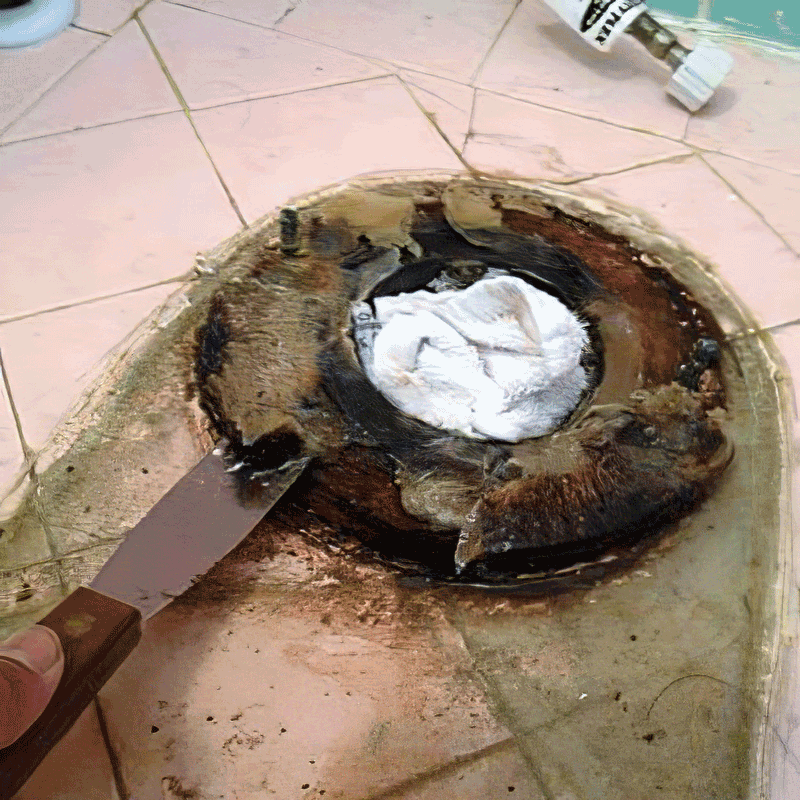The Elite Plumbing Pros Safety Tips
Plumbing is an important industry. It requires skill, careful work, and a good sense of safety. A plumber with experience faces many dangers every day. They deal with tricky pipes and use sharp tools and strong chemicals. According to the Bureau of Labor Statistics, being careless can lead to serious injuries. Safety is essential in plumbing work. It helps to keep both clients and workers safe.
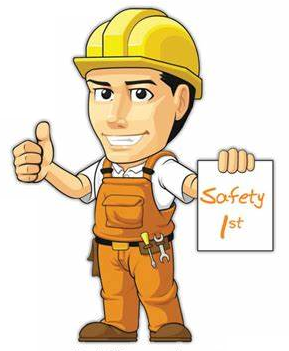 1. Know As Much About Your Materials As Possible
1. Know As Much About Your Materials As Possible
Before you start a plumbing project, know the materials and chemicals you will use. Do your research about your next plumbing job ahead of time. This will help you be ready and do your best work. Learn about each property that can help you use these materials.
You can also avoid harmful chemicals and other substances. Be sure to update your MSDS regularly and add any new materials or chemicals to your growing list. You could also check the MSDS every few months with the other plumbers. This will ensure everyone knows what to do. Creating a quick reference guide that covers the basics is a good idea.
2. Always Use Personal Protective Equipment (PPE) Without Hesitation
A plumber’s top mistake is thinking they don’t need personal protective equipment (PPE), including safety glasses. This wrong idea can lead to huge problems, including hurting your workers and damaging your company’s name. Always wearing the proper PPE for each job is essential, as it is a great way to ensure safety. Different tasks need different gear, including gloves, goggles, masks, and ear gear. Look at all situations. Your PPE must be safe, easy to get to, and ready to use before you go to any work site.
Plumbers who care about safety and addressing safety concerns should buy ergonomic PPE. It should improve comfort and function while keeping safety in mind. A routine feedback system for PPE would also be helpful. It would allow workers to share their thoughts on how well their gear works and how easy it is to use.
3. Be Cautious When Working Near Surfaces That Retain Heat
When you are around hot surfaces, wear protective clothes. This is very important for employee health and business owners to ensure safety. This applies to soldering gear, hot pipes, or steam systems. Be careful when you go near these spots. Also, insulation and covers should be used to stop burns. Wear heat-safe sleeves and gloves while handling hot tools and pipes. They will protect you. Training all workers to see and care for burns is also essential. Make sure there is a burn kit that is easy to find in every service vehicle you have.
4. Handle All Chemicals With Consideration, Caution & Care
Plumbers must work with all chemicals using the 3 C’s: consideration, caution, and care. This means reading the correct labels or instructions, including Safety Data Sheets (SDS). Doing this will teach you about the risks of each task and job you do, including proper safety measures for fall protection. Please keep this in mind. It will make you careful when you need to be. It shows you care about your safety and the safety of others. Poor handling of these chemicals could hurt them. It will also help you do well in your job.
Plumbers need to keep up by taking new training each year on changes to chemical products. You can also consider adding new tools or products to your stock. These could help with better handling different chemicals.
5. Maintain a Clean & Organized Workspace At All Times
A messy work area can lead to slips and trips. This can result in accidents that may harm your plumbers’ safety. Your plumbers must begin each shift with the right tools and their materials organized to avoid clutter. Most importantly, they should keep their materials neat all day.
It will allow them to immediately get the necessary tools and materials during each shift, increasing each plumber’s productivity during a typical workday. You should use the 5 S’s method: Sort, Set, Shine, Standardize, and Sustain. You can also use mobile apps to report and track cleanup steps for each site.
6. Follow the Safety Guidelines and Protocol Implemented for Each Tool
A plumber must always follow the safety rules for each tool, including scaffolding tools. Before starting a job, you should check that all your tools work correctly. You don’t want to find a job and cannot bring the necessary tools. It may be missing from your vehicle or broken.
If you see anything broken or not working, please spend money to fix or replace it. Consider using a color-coded tag system. This will help you find checked tools quickly.
7. Exercise Caution When Handling and Using Electrical Tools
Electrical tools are helpful for many tasks, especially fixing things. But when you work with plumbing, be careful of electricity near water and the potential dangers that may arise. Make sure all your electrical tools are well insulated before you use them. Don’t use electrical tools in wet places unless they are designed for that.
Some skilled plumbers might view this as a tricky situation. They might have used power tools in wet spots before without issues. A serious accident can happen just once. Therefore, it’s not wise to take that risk, no matter how much you know about the tool. It’s essential to check the electrical tools at least once a month or every couple of months. While checking, look at the batteries and wires. Please make sure they are safe and in good shape.
8. Look Around & Be Aware of Your Surroundings Throughout Each Task
The importance of a plumber’s surroundings is very high. Always pay attention to your surroundings during each job, especially in a new place with heavy machinery. Hazards can appear anywhere and at any time. For example, wires that are not covered could be among the inherent dangers of plumbing work. Also, floors might be uneven without signs to warn you. A plumber may also need to crawl in a small crawlspace. Being in a tight area, like a crawlspace or attic, can lead to a serious accident.
9. Use Proper Lifting Techniques When Working with Heavy Equipment & Tools
It is common to think that the faster you lift something, the better. A skilled plumber should use the proper lifting methods to avoid workplace injuries like overexertion and back injuries. These methods are essential. If you wish to remain in plumbing, you don’t want to get hurt badly. A serious injury can make you think about changing your job. So, please use proper lifting techniques for every task that needs them.
You should keep your back straight and bend your knees. Then, focus on lifting with your legs, not your back, to avoid hurting yourself and prevent back injuries. Also, do warm-up exercises or stretches before lifting heavy things. When lifting awkward or heavy loads, it’s best to lift as a team. This reduces the chance of injury and helps prevent plumbing problems.
10. Remain Hydrated When Working In Hot Or Cramped Conditions
Hydration is another essential part of the workday for any plumber. Unfortunately, this is often neglected. It is seen as less important than other tools a plumber may use. If you are not adequately hydrated, you risk your work’s quality. More importantly, you risk yourself – especially if working in cramped or hot conditions. Hydrating yourself regularly can help you focus on the task at hand. It will improve your performance, boost your energy, and lower the risk of work accidents.
Besides hydration, ensure good airflow at your job site. For instance, portable ventilation fans work well in very small spaces. Before starting any plumbing job, check the air quality in confined spaces.
11. Take Scheduled Breaks Throughout Your Shift
Another way a plumber can stay safe on the job is by taking regular breaks. Being tired can be dangerous at any work site. This is especially true in areas with harmful chemicals. You should take breaks often during the day. This is important when going through different parts of a long project. Use these breaks to rest your mind and body. Take time to feel better and get your energy back. Don’t use these breaks to do more work or consider the project. It will make you feel even more tired.
12. Be Prepared for Any Emergency That May Rise
With every job, the saying “hope for the best, plan for the worst” should be in a plumber’s mind, especially when considering safety issues. A plumber needs to be ready for emergencies. One good way to do this is to know where first aid kits are on site. A plumber should also understand basic first-aid steps. No matter where you are working, see the exit plans. Always think about safety on any project. This means knowing where any shut-off valve is at the site. You can also update digital files or maps. They should show where the shut-off valves are for future use.
Offer first aid and CPR training every year. This keeps staff certifications current. You can now offer comprehensive training with virtual reality safety training practice thanks to new technology. These VR setups will help you teach your other plumbers. They will practice emergency response skills in real-life situations.
articles from the workshop
Latest handyman news
Doing regular plumbing maintenance can keep you from needing to do a quick “plumbers near me” search for an emergency plumber.
The first step of understanding how to unclog a toilet is to assess its function. If your toilet is not flushing properly, take immediate steps before plunging.
Knowing the signs of wax ring failure helps you spot an issue early to prevent major plumbing repairs.
